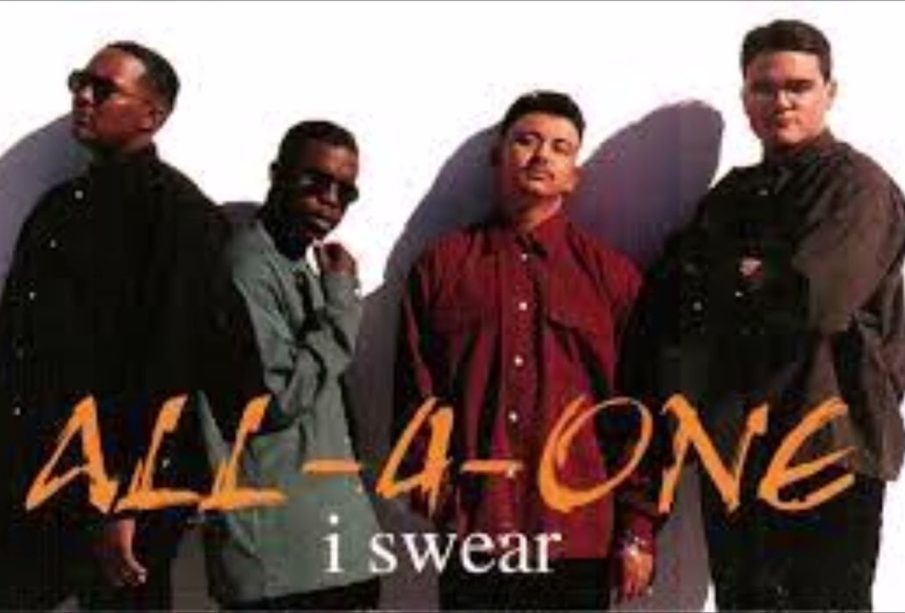The Significance of the Phrase ‘I Swear’ in Communication

Introduction
The phrase ‘I swear’ is commonly used in everyday language, often to underscore the truthfulness of a statement or to emphasise one’s sincerity. As society evolves, understanding the implications and effects of using such phrases has become increasingly important in our communication styles and interpersonal relationships.
Understanding ‘I Swear’
Initially, the term ‘I swear’ derives from contexts where individuals would take oaths, invoking a higher truth or moral authority. In modern usage, it serves as a rhetorical device aimed at conveying urgency or authenticity. Recent studies have shown that such phrases can significantly shape perceptions, either strengthening trust or, conversely, raising suspicions depending on the context in which they are used.
Current Trends
A survey conducted by the University of Kent found that younger generations, particularly those aged 18-25, are more likely to use emphatic phrases such as ‘I swear’ to express their feelings or clarify their intentions. This trend is also prominent in digital communication, especially through social media posts and text messages, where emphasis is crucial for conveying meaning in a limited character space. However, the use of ‘I swear’ has been met with mixed reactions. Some view it as a necessary tool for conveying passion, while others see it as a sign of insecurity in one’s statements.
Impact on Relationships
The implications of using ‘I swear’ extend beyond casual conversation. In conflict resolutions, for instance, how one uses such phrases can either de-escalate a situation or intensify emotions. Effective communicators tend to use these emphatic phrases strategically, balancing their assertiveness with empathy. In contrast, overuse can lead to perceptions of dishonesty or anxiety, potentially damaging personal and professional relationships.
Conclusion
In conclusion, the phrase ‘I swear’ serves as a powerful linguistic tool that reflects broader communication trends in today’s society. Its impact on trust and relationships underscores the importance of mindful communication. As we continue to navigate an increasingly complex social landscape, individuals must consider not only what they say but how they say it. The forecasts indicate that phrases like ‘I swear’ will remain prevalent but may evolve in form and context as communication styles adapt alongside cultural shifts. For readers, understanding the implications of such expressions can enhance their ability to communicate effectively and foster better relationships.









